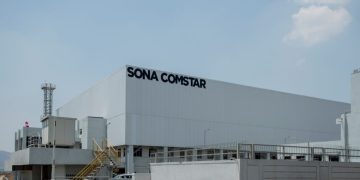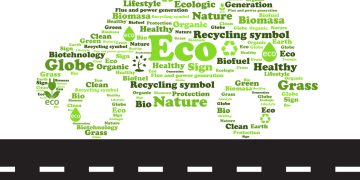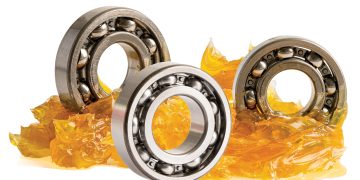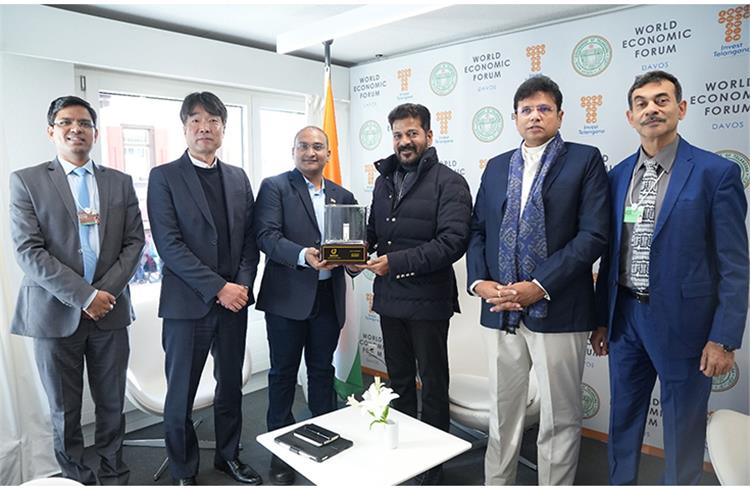Hyderabad-based lithium-ion cell research and development company, GODI India Private Limited, has achieved a significant milestone by becoming the first Indian company to receive LFP BIS certification for its Lithium Iron Phosphate (LFP) Li-ion cells. The certification, meeting IS 16046 Part-2:2018 / IEC 62133-2:2017 standards, was unveiled at the World Economic Forum in Davos, graced by the presence of Telangana’s Chief Minister, Shri Revanth Reddy. This accomplishment underscores GODI’s dedication to innovating advanced energy storage devices for electric vehicles (EV) and renewable energy storage systems (ESS).
GODI had previously secured BIS certification for its Li-ion cells based on NMC811 cathode material in the middle of 2022. The company is strategically planning to establish large-scale indigenous GIGA-scale cell manufacturing for NMC and LFP, targeting applications in EVs, ESS, and Defense. The recently certified LFP cells, meeting various standards, have obtained BIS and AIS certifications, showcasing technical expertise and collaboration with investor Graphite India Limited.
With support from Blue Ashva Capital and Graphite India Ltd, GODI has earned recognition for technological advancements and sustainability in the Indian tech industry. The LFP cells boast an energy density exceeding 150 Wh/kg, impressive charge-discharge rates, and a service life exceeding 2000 cycles, contributing to reducing India’s reliance on imported LFP batteries.
Mahesh GODI, Founder and CEO of GODI India, expressed enthusiasm and emphasized the company’s commitment to establishing extensive indigenous manufacturing facilities for GIGA-scale production of NMC and LFP cells. GODI is dedicated to achieving self-reliance and sustainability in energy storage, leading in environmental responsibility through eco-friendly processes.
Looking forward, GODI has plans to enhance LFP cell energy density, develop next-gen manganese-doped LFP materials, and formulate in-house electrolytes. As a signatory to The Climate Pledge by Amazon, GODI actively pursues solvent-free and dry electrode coating processes to reduce costs and minimize the carbon footprint.



























































